Summaries of books about Computers & Technology:
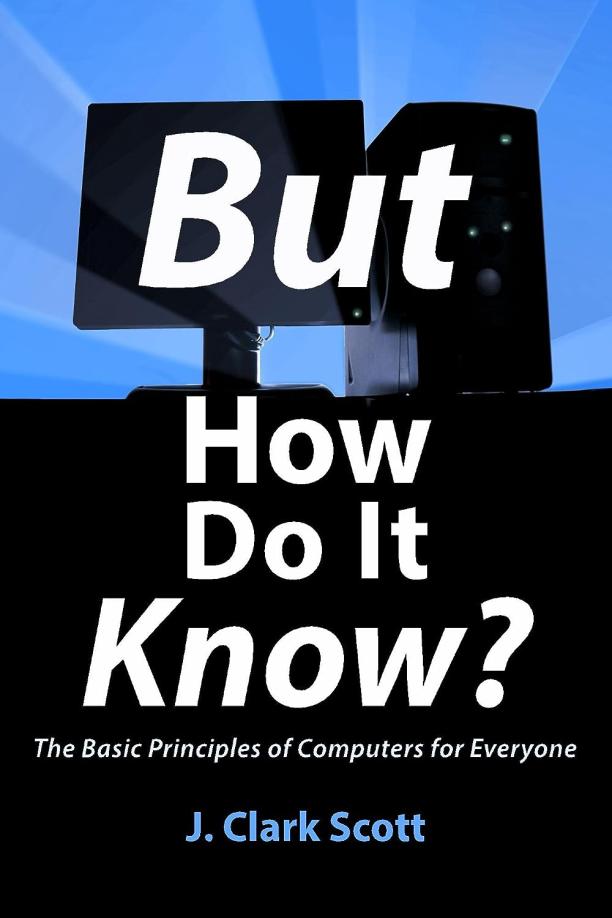
But How Do It Know? - The Basic Principles of Computers for Everyone
J Clark Scott
The book demystifies the inner workings of computers by breaking down the complex concepts of computer architecture and operation into understandable principles. It explains the roles of hardware and software components, how they interact to perform computations, and the logic underlying these processes, catering to readers without a technical background.
See full summary
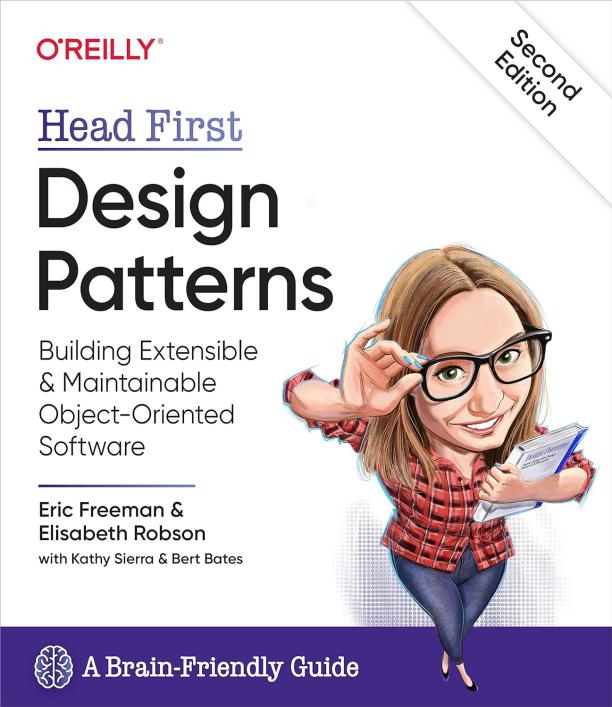
Head First Design Patterns
Building Extensible and Maintainable Object-Oriented Software
Eric Freeman|Elisabeth Robson
The book introduces readers to design patterns, which are reusable solutions to common software design problems, using a visually rich format that engages the reader in a conversational style. It covers fundamental design principles and patterns such as Strategy, Observer, Decorator, Factory, Singleton, Command, Adapter, and more, providing real-world examples and practical tips for applying these patterns in object-oriented programming.
See full summary
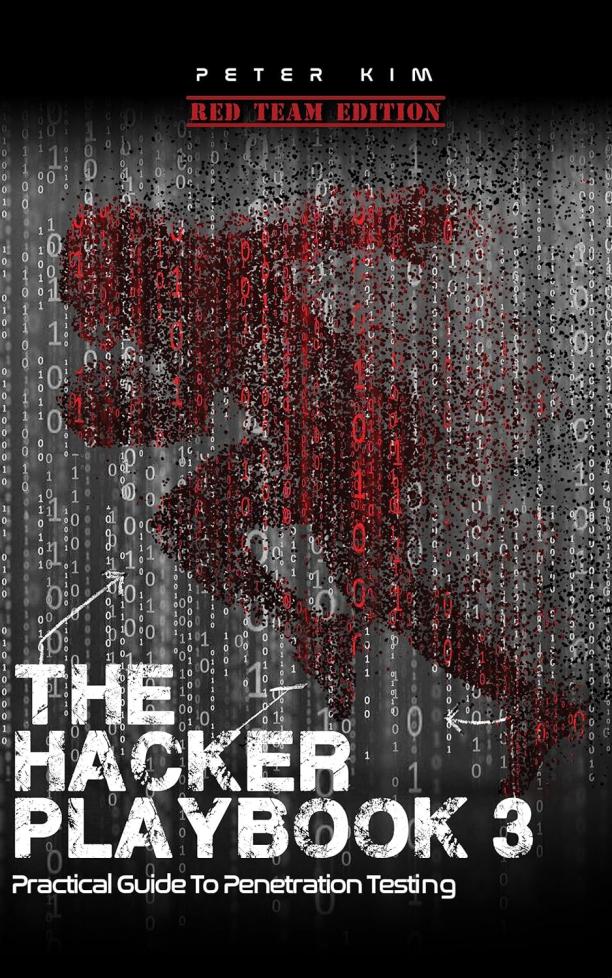
The Hacker Playbook 3
Practical Guide To Penetration Testing
Peter Kim
The book provides advanced penetration testing techniques and methodologies, focusing on simulating real-world attack scenarios to test and secure networks. It covers topics such as red teaming strategies, exploitation tactics, and how to bypass security controls, offering practical advice and step-by-step guides for ethical hackers.
See full summary
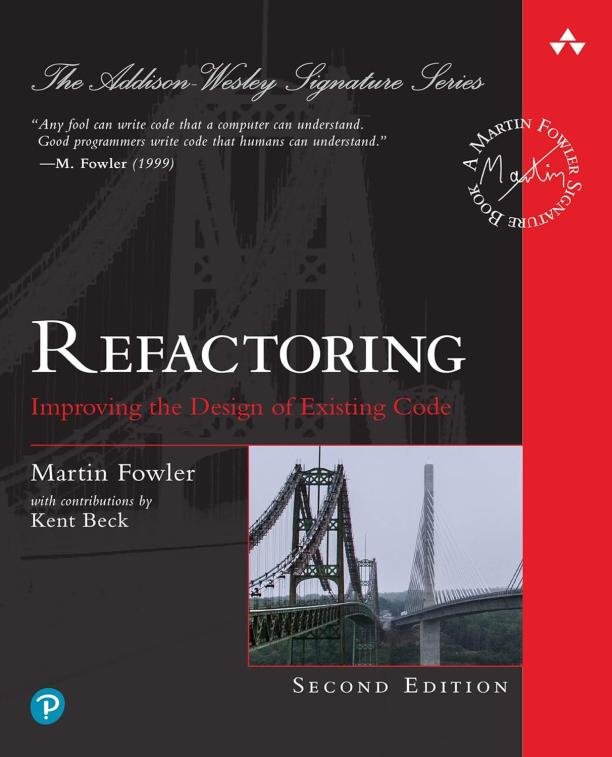
Refactoring
Improving the Design of Existing Code
Martin Fowler
The book provides a systematic approach to improving the structure and readability of code without altering its functionality, through a catalog of refactoring techniques. It emphasizes the importance of testing, clear code, and the application of small, controlled transformations to enhance software maintainability and performance.
See full summary

The Linux Command Line Beginner's Guide
Jonathan Moeller
The book serves as an introductory guide to the Linux operating system, focusing on teaching beginners how to use the command line interface effectively. It covers basic commands, file system navigation, and essential tasks to manage files and software, providing a foundation for more advanced Linux usage.
See full summary
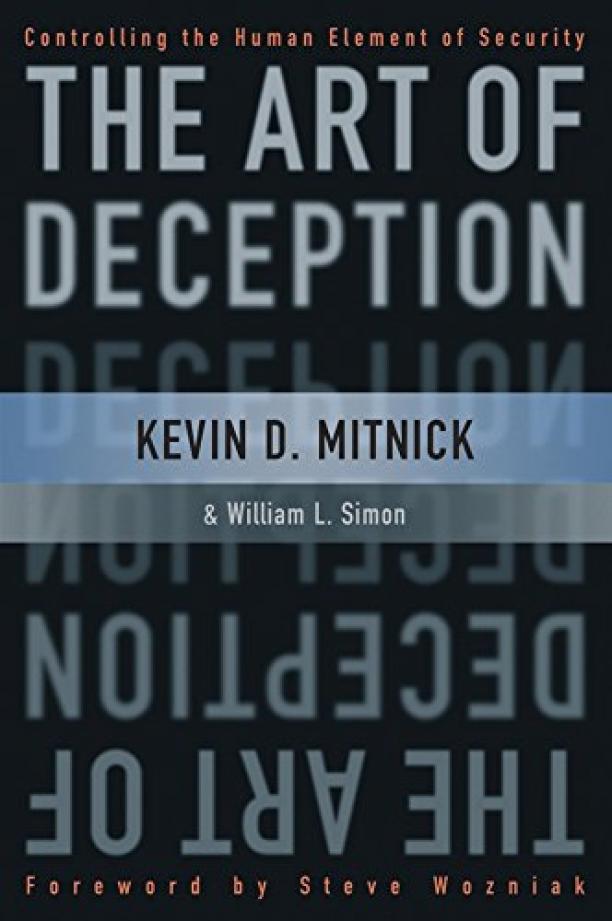
The Art of Deception
Controlling the Human Element of Security
Kevin D. Mitnick|William L. Simon
The book delves into the world of social engineering, where human psychology is exploited to gain unauthorized access to information systems. It presents real-world examples of how con artists use deception to manipulate individuals into compromising their security, and offers insights on how to protect against such vulnerabilities.
See full summary
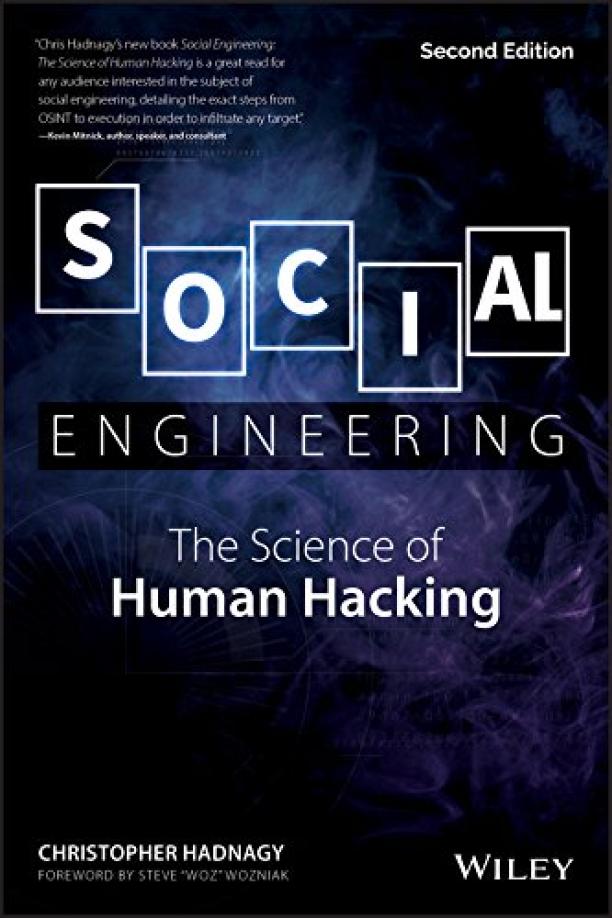
Social Engineering
The Science of Human Hacking
Christopher Hadnagy
The book provides an in-depth exploration of the psychological tactics used by social engineers to manipulate individuals into divulging confidential information or performing actions that may compromise security. It offers insights into understanding and defending against these deceptive practices through real-world examples, techniques, and strategies for building a personal defense against social engineering threats.
See full summary
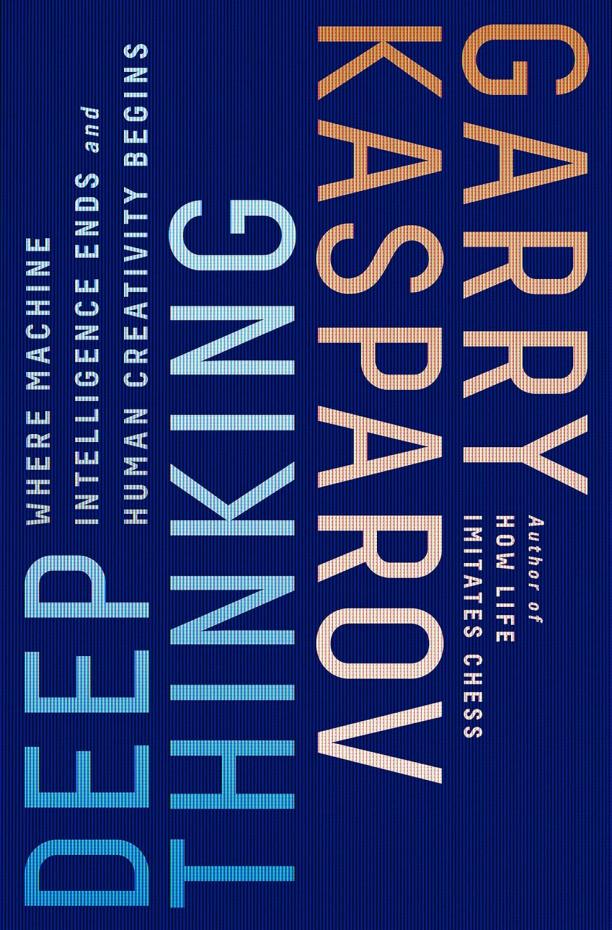
Deep Thinking
Where Machine Intelligence Ends and Human Creativity Begins
Garry Kasparov
The book explores the evolution of artificial intelligence through the lens of chess, particularly the author's experiences with IBM's Deep Blue. It discusses the implications of AI on human intelligence, creativity, and future collaboration between humans and machines.
See full summary
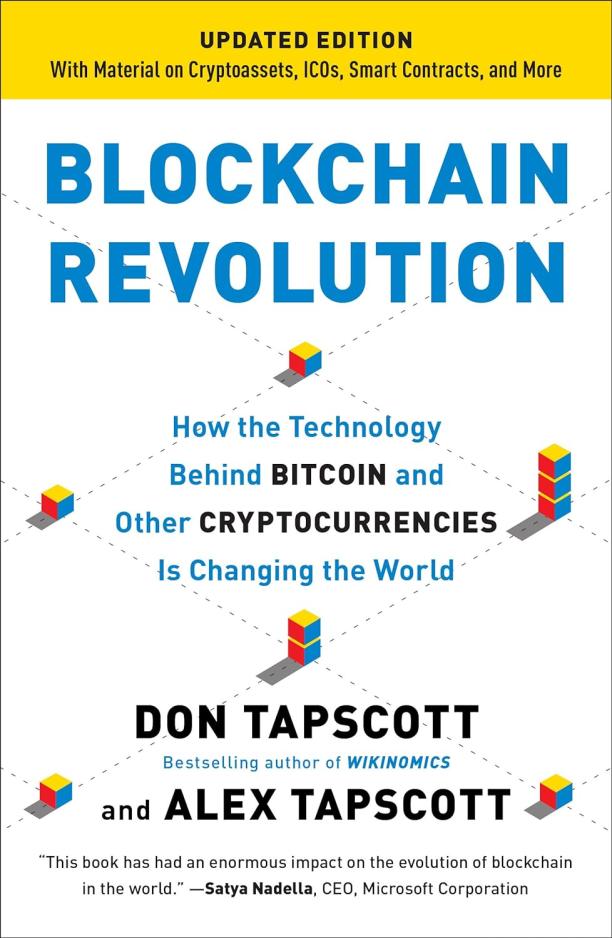
Blockchain Revolution
How the Technology Behind Bitcoin Is Changing Money, Business, and the World
Don Tapscott|Alex Tapscott
The book explores the transformative potential of blockchain technology across various sectors, beyond its initial application in cryptocurrencies like Bitcoin. It delves into the implications for financial services, business, governance, and personal privacy, predicting a radical shift in how the world operates as blockchain systems become more prevalent.
See full summary
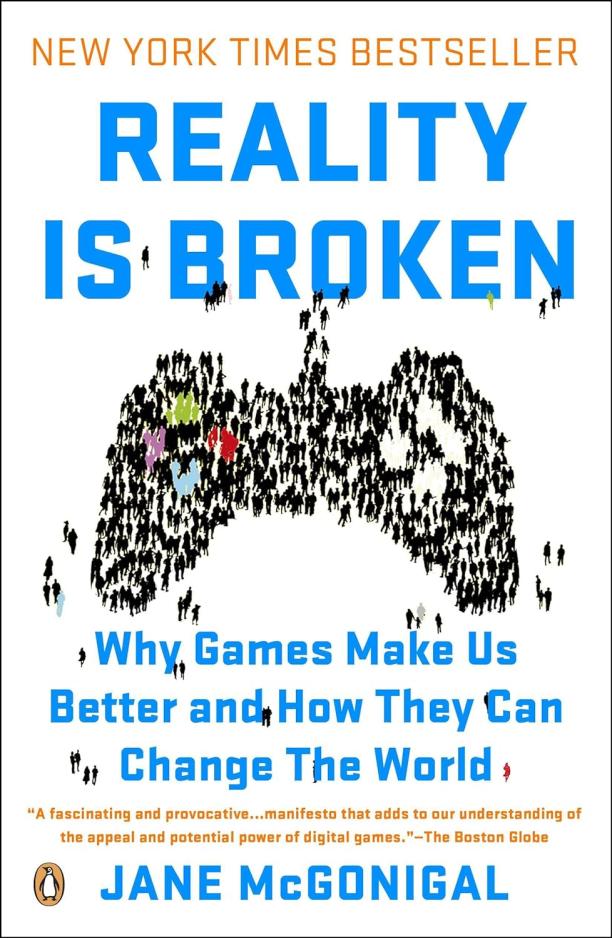
Reality Is Broken
Why Games Make Us Better and How They Can Change the World
Jane McGonigal
The book argues that video games are fulfilling genuine human needs that the real world is currently unable to satisfy, and it presents the idea that game design principles can be used to fix what is wrong with reality by making real-life tasks more engaging and rewarding. It explores the psychological strengths of gaming, such as its ability to motivate and inspire, and suggests ways these strengths can be applied to solve real-world problems and improve people's lives.
See full summary